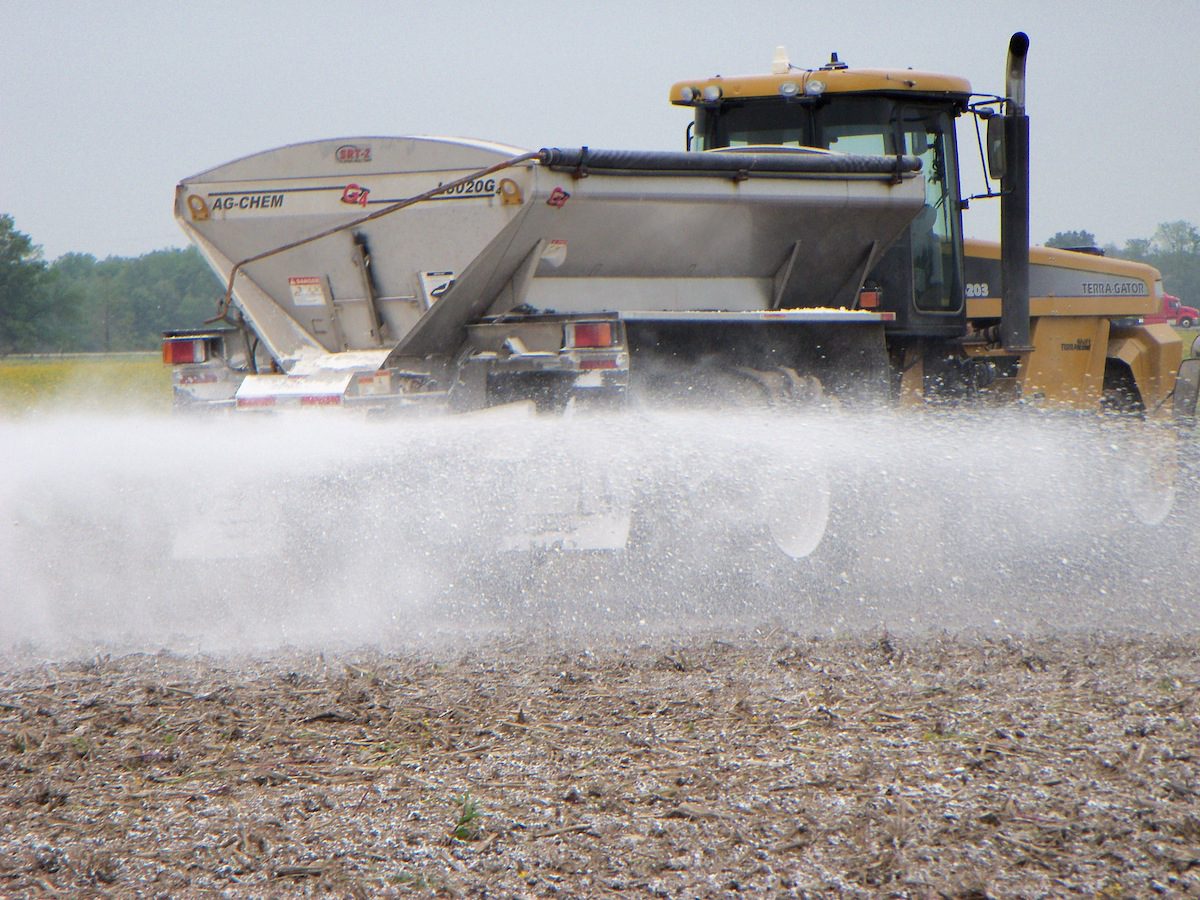Agricultural gypsum particle size distribution

Agricultural gypsum particle size distribution
When using gypsum, the particle size of the gypsum used must be considered. Smaller gypsum particles dissolve faster. Of course, given the cost of this work, the size choice depends on economic issues. and this does not mean that the use of powder agricultural gypsum can have the best result in all cases. Gypsum particles smaller than 2 mm, with a wide particle size distribution, can well release calcium and displace sodium. without precipitation through the ion exchange processing.
The limited solubility of gypsum in water (2.4 g L-1) reduces soil reclamation speed. Larger gypsum particles can cause better water infiltration in soil before dissolution. Powder gypsum can be easily dissolved in irrigation water at pond or basin. and the water containing dissolved gypsum enters soil evenly. This method is more effective in fields with medium and low sodium content. For instance, if water in pond is saturated with gypsum, using 1000 m3 of irrigation water, equal to 2.4 tons of pure gypsum has entered the soil. Also, gypsum is available in soluble and usable in pressurized systems.
Agricultural gypsum particle size impact
The particle size of gypsum used can have an impact on its effectiveness for soil reclamation and other applications. As mentioned above, smaller gypsum particles dissolve more quickly, which can be useful for some applications, but may not be the best choice for all situations. Larger gypsum particles may be more effective for improving water infiltration in soil before dissolving, but may take longer to have an impact on soil properties.
Other factors
In addition to particle size, other factors such as soil type and the specific goals of the application should also be considered when selecting a gypsum product. For example, different types of gypsum may have varying levels of purity or other properties that can affect their effectiveness for different applications. Overall, gypsum can be a useful tool for improving soil quality and addressing issues such as soil salinity. However, it is important to carefully consider factors such as particle size and product quality to ensure that gypsum is used effectively and efficiently.
